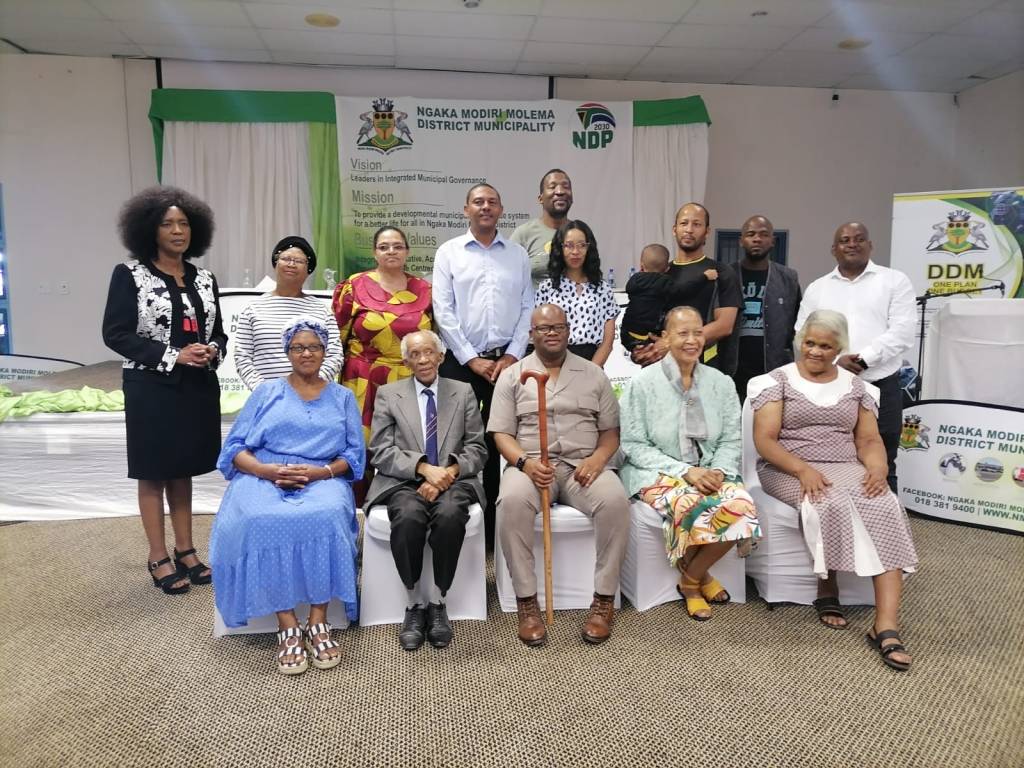
By OBAKENG MAJE
The executive mayor of Ngaka Modiri Molema, Khumalo Molefe said, they will not be apologetic in honouring the fallen heroes, who contributed immensely to the development of this country, especially in the North West.
Molefe, who was a keynote speaker during the commemoration of Dr Silas Modiri Molema said, Molema was a teacher, intellectual, author and one of the giants who ever walked on this planet earth.
“Today, we are celebrating the life and times of a great giant, who walked on this planet earth. Dr Silas Modiri Molema wanted to change the world and made it a better place. Truly, we have not done enough to celebrate this hero and martyr.
“People like Dr Silas Modiri Molema, laid the foundation and contributed immensely to change the world and make it a better place. So, this is the 57th anniversary, since he departed this world,” he said.
Molefe further said, Molema strongly believed in education and he was a selfless individual. He added, many people do not know him as one of the acclaimed leaders of the ANC.
“We have not invested sufficient effort in writing our contribution to the history of democracy. It is humbling to hear that, Dr Silas Modiri Molema transformed his house into a healthcare centre and provided the services even after hours.
“He went to exile and his presence, contribution and influence were remarkable. So, we will not be apologetic in celebrating our heroes. As the municipality, we will be building a perimeter wall in his honour,” said Molefe.
Meanwhile, the family spokesperson, Patrick Kgwadi shared the same sentiments. However, Kgwadi said, even though they welcome the commemoration, Molema would not be happy with the status quo of the province.
He said it seems the current leadership is not doing anything to address the treble challenges such as unemployment, inequality and poverty.
“The government’s failure to render services to the people is a challenge. Molema was a selfless man, who sacrificed his life for liberation and would be disappointed if his actions were in vain. He was part of the ruling party when it was established in 1912.
“Molema went to exile very determined and dedicated to developing his own people. He came back with a wealth of education and besides being a medical practitioner, he was also an educationalist,” he said.
Kgwadi said, Molema was also a community man, who always supported and encouraged people to start their own businesses.
“For instance, farming was so close to his heart because he was a farmer too. So, he used to assist farmers with the necessary support as a community leader, which our government fails to do dismally,” Kgwadi said.

